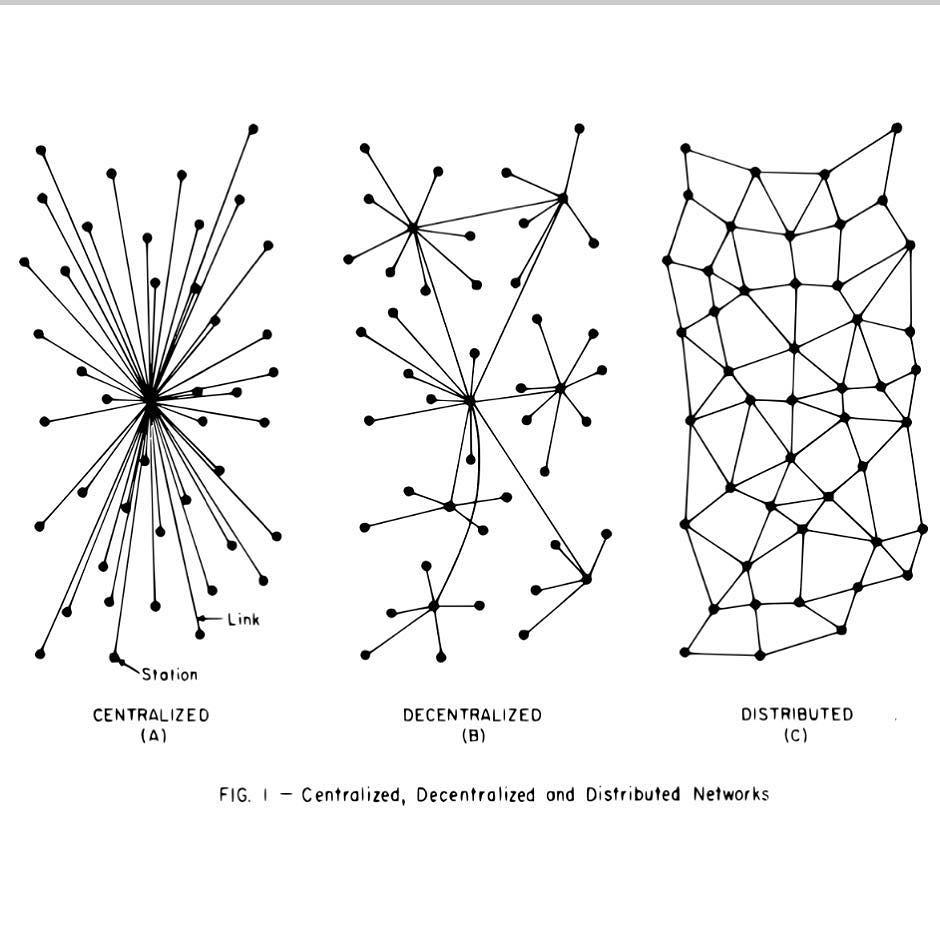Future of Learning Top Reads for week of Mar 5 2018
Photo by BRUNO CERVERA on Unsplash
"The 8 best questions to put on your next one-on-one meeting agenda," by Claire Lew / @cjlew23, on Signal v. Noise
"That one-on-one meeting is scheduled on your calendar this week. So, what should you talk about? As a manager, executive, or business owner, this is one of the most recurring and perplexing situations you’ll face. Should you prepare an one-on-one meeting agenda ahead of time? Does it feel too stiff to do so? Should you simply have general meetings topics ready to go? What are the questions you should asking during this one-on-one?"
Why does this matter to the future of learning?
This one is for any leader whose job it is to help others grow. I wish I had started all of my 1:1 meetings with one or more of these when I was Head of School at Malvern Prep,
- How's life?
- What are you worried about right now? (Or when is the last time you were worried about something?)
- What rumors are you hearing that you think I should know about?
- If you could be proud of one accomplishment between now and next year, what would it be
- What are your biggest time wasters?
- Would you like more or less direction from me?
- Would you like more or less feedback on your work? If so, what additional feedback would you like?
- Are there any decisions you’re hung up on?
And the one question NOT to ask:
- How can I help you?
***
"Established education providers v new contenders," in The Economist
"Scott DeRue, the dean of the Ross School of Business at the University of Michigan, says the unbundling of educational content into smaller components reminds him of another industry: music. Songs used to be bundled into albums before being disaggregated by iTunes and streaming services such as Spotify. In Mr DeRue’s analogy, the degree is the album, the course content that is freely available on MOOCs is the free streaming radio service, and a 'microcredential' like the nanodegree or the specialisation is paid-for iTunes.
"How should universities respond to that kind of disruption? For his answer, Mr DeRue again draws on the lessons of the music industry. Faced with the disruption caused by the internet, it turned to live concerts, which provided a premium experience that cannot be replicated online. The on-campus degree also needs to mark itself out as a premium experience, he says."
Why does this matter to the future of learning?
Today, anyone who wants to do rigorous learning can use a number of digital platforms.
For higher education: EdX, Coursera, Udacity. You can take courses for free, or for very low fees earn credentials that can culminate in "micromasters," "nanodegrees," and in some cases even full Masters Degrees.
For secondary education: Global Online Academy, One Schoolhouse, OESIS Course Exchange, Jesuit Virtual Learning Academy, and more. These platforms typically charge fees, and students are enrolled for transcript credit.
In a world of ever-expanding choice, schools need to understand that traditional bricks-and-mortar = very expensive, bundled experiences. Just as the music industry was transformed by the unbundling of the album and the disintermediation of digital platforms, so too should bricks-and-mortar schools consider how the online providers mentioned above will transform education.
The must-read book on this topic is Kevin Carey's The End of College (2015).
***
"Teaching as Wayfinding," by Eric Hudson / @ejhudson, on Hybrid Pedagogy
"In her essay 'Streams of Content, Limited Attention,' danah boyd [sic] argues the long era of 'broadcast' media has shifted in the last two decades to 'networked' media. 'Those who believe in broadcast structures recognize the efficiency of a single, centralized source,' she writes. 'There’s some nostalgia here. The image is clear: the 1950s nightly news, with everyone tuning in to receive the same message at the same time.' The internet and the proliferation of content creation tools — blogs, social media, etc. — have quickly dismantled that format and caused decentralization of that content from a few trusted sources to a profusion of outlets that vary in quality and reliability."
Why does this matter to the future of learning?
1. The role of the teacher has shifted in accordance with the availability of information and knowledge.
- In the "broadcast era," information and knowledge were centralized. The teacher needed to be the content / skills expert. As a result, instruction was traditional, with teachers playing the role of "sage on the stage."
- The start of the Internet era decentralized information and knowledge. Savvy teachers framed problems for students without having to tell them what to do next. As a result, leading schools shifted instruction to project-based learning, with teachers playing the "guide on the side."
- Now information and knowledge are distributed. In this new context, the most effective teachers are "wayfinders" helping students to learn the art of identifying problems before solving them. We might call this instructional model design-based learning, with teachers playing the role of "meddlers in the middle."
2. Once we accept that the "broadcast era" is over and that we are living in the "networked era," we need to examine what learning spaces look like. For example, consider the diagram below.
via @MrZachG
3. As change.school founder Will Richardson recently pointed out, "Seymour Papert once said, 'At best, schools teach one-billionth of one percent of what knowledge exists in the universe, yet we quibble endlessly over what one-billionth of one percent is.'"
***
Question of the week: Who are the wayfinders at your school? How can you scale their impact?
***
Thank you for reading this post from Basecamp's blog, Ed:Future. Do you know someone who would find the Ed:Future blog worthwhile reading? Please let them know that they can subscribe here.




